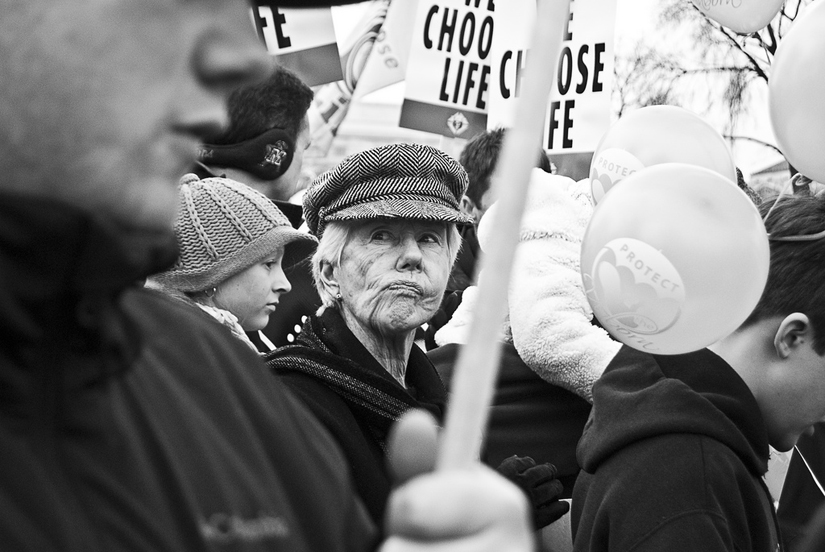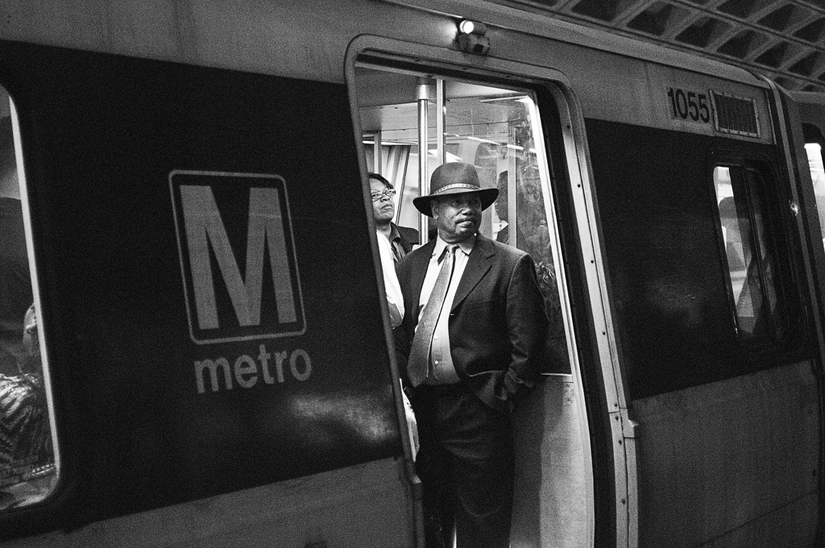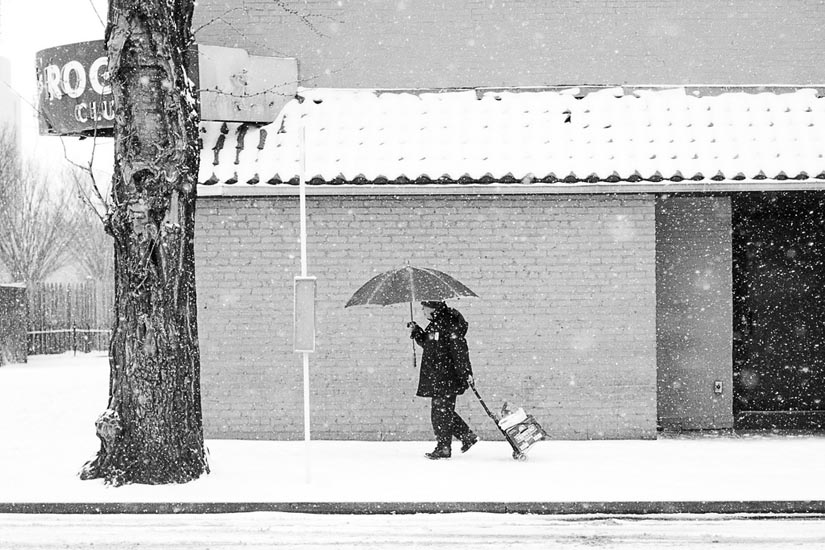I was recently contacted by a lovely young woman I met at the
APW book signing event. She wrote me asking for advice about photography, about being a business-owner, about the DC photography scene. While I feel hugely unqualified to give such advice, she said she didn't know any other professionals, so I was happy to share whatever I've learned on this crazy journey.
And other things on the internet happened recently, too. One alarming thought that popped up was that all of this was somehow
easy - that it's easy to become a great photographer, that it's easy to make people look good, that it's easy to take pictures that clients will love - heck, that it's easy to find clients and work with them and run a business. I'm not another one of those people devoting entire posts to bashing anyone, but I thought it was worthwhile musing a bit on what I think makes a great photographer. There's nothing you can
buy that is going to make you a great photographer.
1. Practice. Yeah, good, old-fashioned doing it again and again and again and again. I've told my
Mexico story about a million times in about a million client meetings (I should blog about that, right?) but here's the super-abbreviated version: Something sparked in me in Mexico - one minute I was just a regular girl, the next I was a photographer. And it's sorta been like that since. But just because my fingers started tingling for a camera doesn't mean I was a
good photographer. That came much, much later.
The most dramatic change in my photography happened in the year I did my 365 photo project. I heard about this crazy idea on the internet of taking a photo each and every day for a whole year. You can see my set
here but I have to warn you that these photos are
terrible. But they
improved. Jan. 1 I was rubbish. Dec. 31 I was slightly less than rubbish. I started to
understand the medium.
2. Study. (All of these things are boring, right? And tedious, right? And
time-consuming? Well, that's because it takes a great deal of hard work to become competent in any trade or skillset.) At first, I studied everything. I bought books from the thrift store on basic camera operations. I took introductory photo classes. I read countless internet articles on the "exposure triangle" and composition and gear and lighting etc. etc. etc.
To take the skill from "something I do" to "something I know" (and we get right back to "do" later), you have to study. Maybe you could get there on your own with enough time, but
educating yourself about the medium will speed your progress.
What works for me is focusing on one thing at a time. The very first thing you should learn is how to put your camera on manual and fully understanding the relationship between ISO, aperture and shutter speed. Everything builds on this foundation. Only when you can work your camera in manual can you really put it in aperture mode with
purpose. Even a rudimentary understanding of f-stops will allow you to make good guesses to get close to your desired exposure (which is not necessarily what the camera thinks the exposure is).
Be smarter than your camera. Modern technology has made cameras really good at guessing how a scene should look. But they're not always right and they're very rarely
intentional or
artistic. A camera is a tool, use it as such.
So I learned that. And then I learned something else. And then I learned something else. And then maybe I went back to the first thing because I realized I didn't actually know it back-and-forth. My mind can only concentrate on one lesson at a time. So at this stage in the game, I focus on posing, or light-painting, or using geometry or symmetry. I can only have one main goal in mind. Once I get it, though, it becomes part of my knowledge bank. I can draw on posing or light-painting or geometry while I focus on off-camera lighting, for example.
Study like a madman. Study like you never did in school because you didn't care. If you don't care enough to study it, you won't care enough to do it. (Okay, here's another anecdote. I thought I wanted to write poetry when I was younger. I wrote a lot, but I never read. A professor said "If you want to be good at writing poetry, you have to love reading poetry." I didn't love reading poetry - I hated it. Clearly, I was in the wrong field.)
3. Repeat. Really, there are no short-cuts here. Practice goes before study because you have to know what you're working with. How can you learn to make pottery if you've never felt clay between your hands? Try something out, hate it, think you suck, read up on what the hell you did wrong. Try again, hate it, try again and again and again and again until you think it's sorta okay. This is the same thing I am still doing. Study and practice, then practice and study.
Some other general advice. Look at other photographers' work. People are concerned about being unduly "influenced" by looking at other photography. Bullocks. Steal like an artist and absorb as much as you can. Blatant copying is always a no-no - draw inspiration, recreate, reenvision. How can you do that in a different setting, with one person instead of two, with flash instead of the sun? Look at what other photographers are doing and
break it down. Why is that light so dreamy? Where is it coming from? Is that window light or is it a strobe? What time of day are they shooting? Is it overcast? Ask yourself these questions as you browse the internets. Do it when you read a magazine - where are the catchlights in the model's eyes? Where are the secondary lights?
Look for photographs everywhere. Once the bug is in you, you won't be able to help it. Do yourself a favor and start early. I play a game with myself when I'm walking somewhere. I'll pick random spots and determine where I would put a bride if I had to shoot her right there. Where is the good light? Where could I put her to create an interesting composition?
Pay attention to posing. People want creative, interesting, artistic photography, sure. But they also want to look good. Don't go too far down the rabbit hole before you figure out how to take flattering photographs of your clients. A slightly boring photo where the couple looks good is always going to trump an artistic photo where the bride thinks she looks fat.
Be humble. Experiment. Don't be afraid - take the safe shot and then do something crazy. Try film, Polaroids, old cameras, camera phones, pinholes. Ask questions. Go to photo meet-ups. Shoot with someone else - analyze how they did things differently than you, what worked and what didn't.
Train your eye.
Now don't get all huffy. I'm not saying I'm a great photographer. I'm good at what I do. I think if I really thought I was "great", I wouldn't be learning and reaching and continuing at the same pace. I imagine I'd reach some kind of plateau where I think I'm great and that's that. But I do know the way there - the way to being great - and it's
practice, study and
repeat.


 It's always been love-hate with me for street. I love the photos. I love telling the stories. I love the idea of being a "street photographer." But when it comes to actually getting up in peoples' faces and taking candids, I balk. So so so many times, I've seen a great photo and been too chickenshit to bring the camera up to my face. The wonderful images I've made in my mind's eye!
So what I love about wedding photography, what I said in front of all those workshop attendees, is that
It's always been love-hate with me for street. I love the photos. I love telling the stories. I love the idea of being a "street photographer." But when it comes to actually getting up in peoples' faces and taking candids, I balk. So so so many times, I've seen a great photo and been too chickenshit to bring the camera up to my face. The wonderful images I've made in my mind's eye!
So what I love about wedding photography, what I said in front of all those workshop attendees, is that